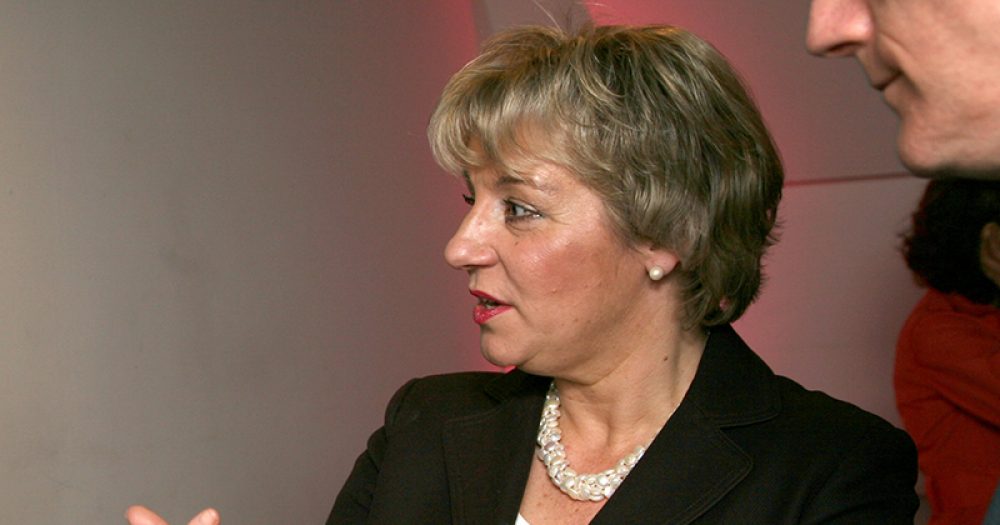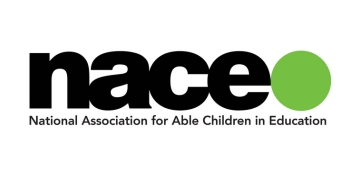The government should consider handing schools more pupil premium funding for those children with long-term disadvantage, the Social Mobility Commission has said.
The commission, appointed by the education secretary Damian Hinds to promote and monitor social mobility in England, wants a government review into whether pupil premium funding is effectively targeted at disadvantaged students, and whether differential levels of funding “might be more beneficial for those with long-term disadvantage”.
The pupil premium is given to schools for pupils who have been eligible for free school meals at any point in the previous six years. This means that the same additional payments cover those who have recently fallen into disadvantage, and those for whom it is more entrenched.
Researchers have previously found a strong link between the attainment and progress of pupils and the amount of time they have been eligible for free school meals, warning of an “invisible group” of children in our school system.
In its annual state of the nation report, the first since it was relaunched with a completely new line-up, the Social Mobility Commission warned of large gaps in phonics attainment, key stage 2 reading, writing and maths and A-level attainment.
It also found that recent reforms to the curriculum, although well-intentioned, “were implemented too quickly, and disadvantaged students lost out disproportionately during the implementation, at key stage 2 in particular”.
“Our first state of the nation report since our new 12 commissioners were appointed last year shows that social mobility has stagnated over the last four years at virtually all life stages,” said Dame Martina Milburn, the commission’s chair.
“Being born privileged means you are likely to remain privileged. But being born disadvantaged means you may have to overcome a series of barriers to ensure you and your children are not stuck in the same trap.”
The organisation has also added its voice to calls for more regular inspections of top-rated schools, and said Ofsted should “move beyond historical use of its four-tier categories of inspection outcomes”.
Ofsted and the DfE should also work together with others to find ways to “publicly acknowledge schools which attempt to genuinely tackle long term educational inequality”, the commission said.
Hinds said: “We must all work together to create change in the lives of the most disadvantaged. I welcome Dame Martina’s leadership in this area, shining a light on where we can continue raising the bar.”








I do believe this is a plight of many families !!